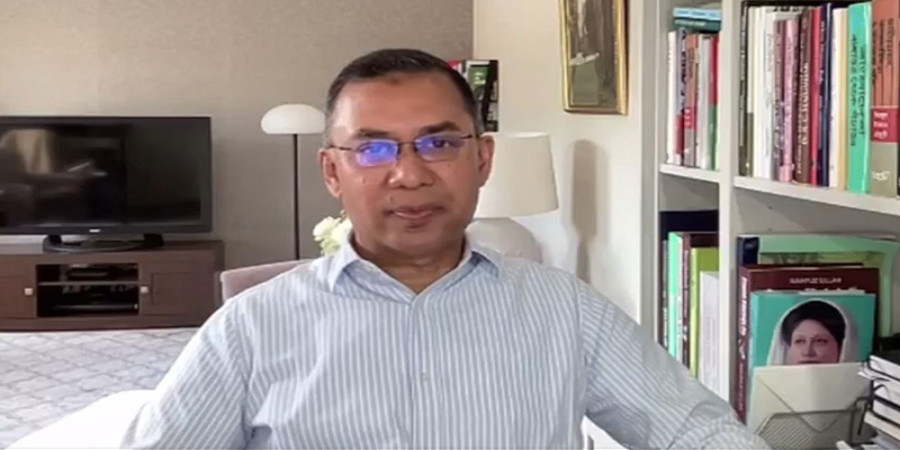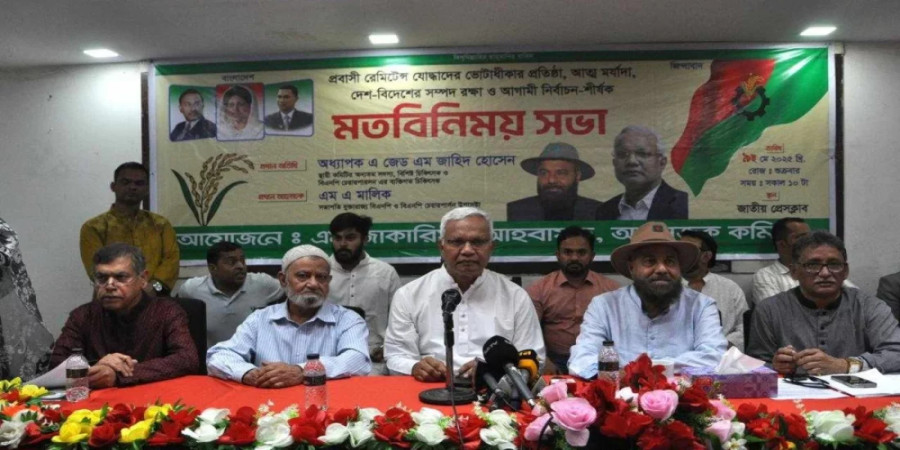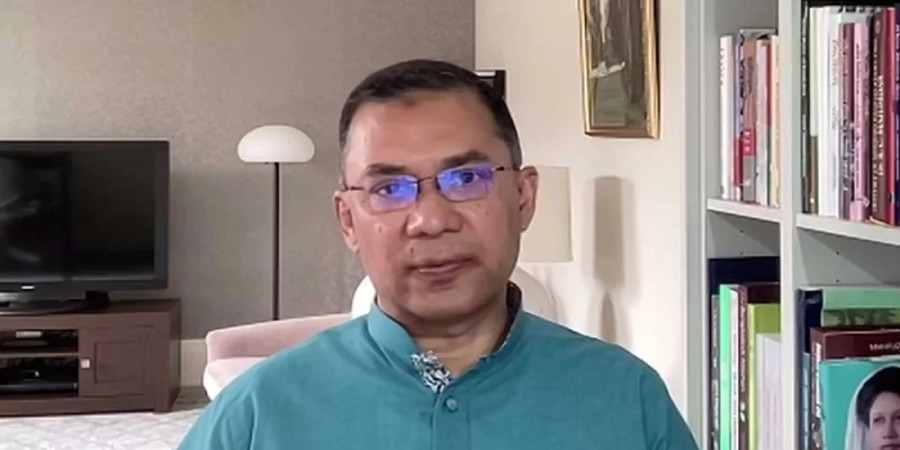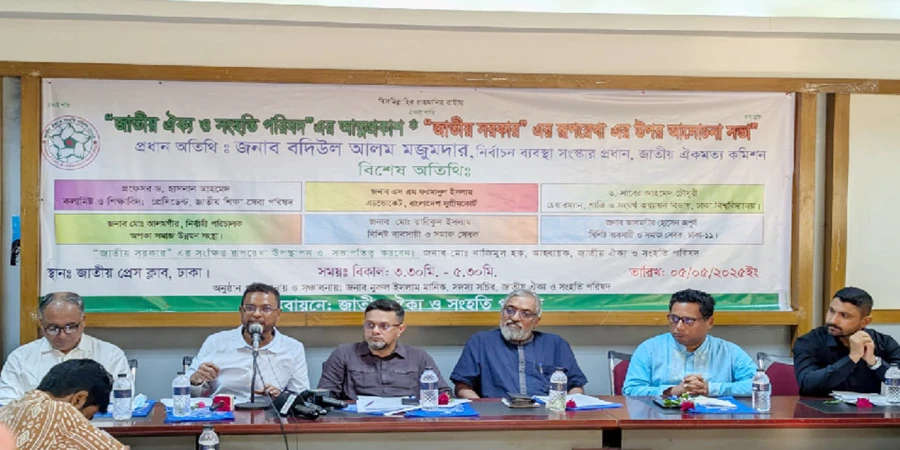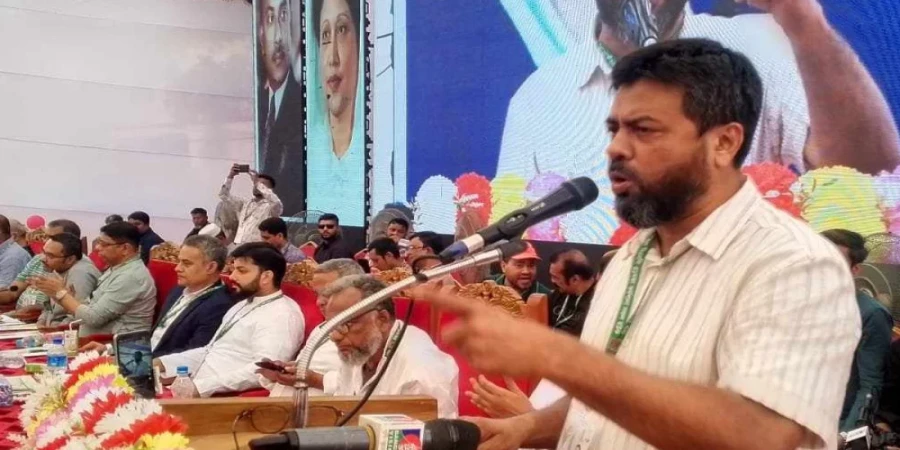
ছবি: Photo: Collected
Rafiqul Alam Majnu, Convener of Dhaka Metropolitan South BNP, has accused Sheikh Hasina of systematically destroying Bangladesh’s economy over the past decade and a half. He stated that the BNP has proposed a 31-point reform agenda to restore and strengthen the country’s crumbling economic structure.
Speaking at a workshop organized by New Market Thana BNP on Tuesday, Majnu criticized the abolition of the caretaker government system, calling it a strategic move by Hasina to prolong her rule. He claimed that by scrapping the caretaker system, the ruling party eliminated any possibility for the people to assert their ownership over the state. As a result, the BNP initiated a movement for voting rights to re-establish popular sovereignty.
Referring to the political developments of the past year, Majnu said that after a prolonged struggle, a massive student and public uprising took place in July and August, ultimately leading to Hasina’s downfall. According to him, following the uprising, Hasina and her family fled the country.
BNP’s International Affairs Secretary, Barrister Nasir Uddin Asim, highlighted the legacy of former President Ziaur Rahman, portraying him as the architect of political reform in Bangladesh. Asim noted that it was Zia who transitioned the country from a one-party BAKSAL system to a multi-party democracy and expanded press freedom beyond the initial four newspapers.
Similarly, Asim credited former Prime Minister Khaleda Zia with initiating the historical shift toward parliamentary democracy in Bangladesh. He emphasized that BNP’s Acting Chairman Tarique Rahman has now introduced a 31-point reform plan and has successfully united people across the country, from Teknaf to Tetulia and Rupsha to Pathuria.
BNP leader Sheikh Rabiul Alam Rabi accused the Awami League of exploiting the constitution for partisan interests. He alleged that constitutional amendments were manipulated to suppress democracy, undermine the judiciary, and institutionalize corruption and misgovernance.
Mahdi Amin, an advisor to BNP’s Acting Chairman, pointed out the alarming human rights violations that took place under Hasina’s rule. He claimed that thousands of people were forcibly disappeared or murdered over the past fifteen years, while 28 trillion BDT was allegedly laundered abroad. He called for legal action against those responsible and demanded the removal of individuals aligned with fascist governance from public administration, replacing them with patriotic officials.
Ishraq Hossain, a member of BNP’s International Affairs Committee, reiterated BNP’s commitment to a free, fair, and neutral election. He accused Hasina of violently suppressing this democratic struggle, leading to the mass uprising of students and the general public. He asserted that as a result of this movement, Hasina was ultimately forced to flee.
Ishraq also expressed concern that despite Hasina’s departure, conspiracies were still being hatched in an attempt to undermine public opinion. He warned against any move to hold local elections before the national polls, stating that such a strategy would be unacceptable.
Tanvir Ahmed Robin, Member Secretary of Dhaka Metropolitan South BNP, stressed the importance of unity among pro-democracy forces in the wake of the recent political upheaval. He urged all stakeholders to rise above party interests and prioritize the nation’s needs.
The workshop was presided over by Rafiqul Alam Majnu and conducted by Tanvir Ahmed Robin. BNP’s International Affairs Secretary Barrister Asim presented and analyzed the 31-point reform agenda alongside central leaders Sheikh Rabiul Alam Rabi, Mahdi Amin, and Ishraq Hossain.
Also present at the event were Joint Conveners of Dhaka Metropolitan BNP Harunur Rashid Harun, Liton Mahmud, Abdus Sattar, Haji Monir Hossain Chairman, Advocate Mokbul Hossain Sardar, Mojibur Rahman Moju, along with numerous leaders and activists from BNP and its affiliated organizations
repoter



